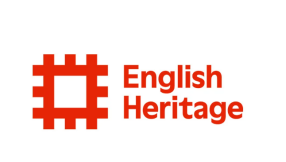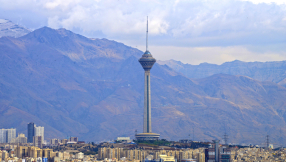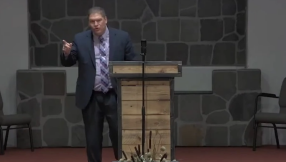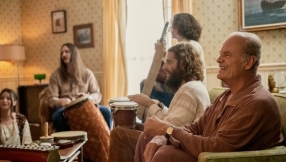Tensions between two senior Nigerian clergy are at the heart of a fraught build-up to a meeting of global Anglican heads next month.
Primates, or leaders of the 39 provinces around the world, will gather for six days in Canterbury in October to discuss, among other topics, their disagreements over the Church's approach to homosexuality and transgender people.
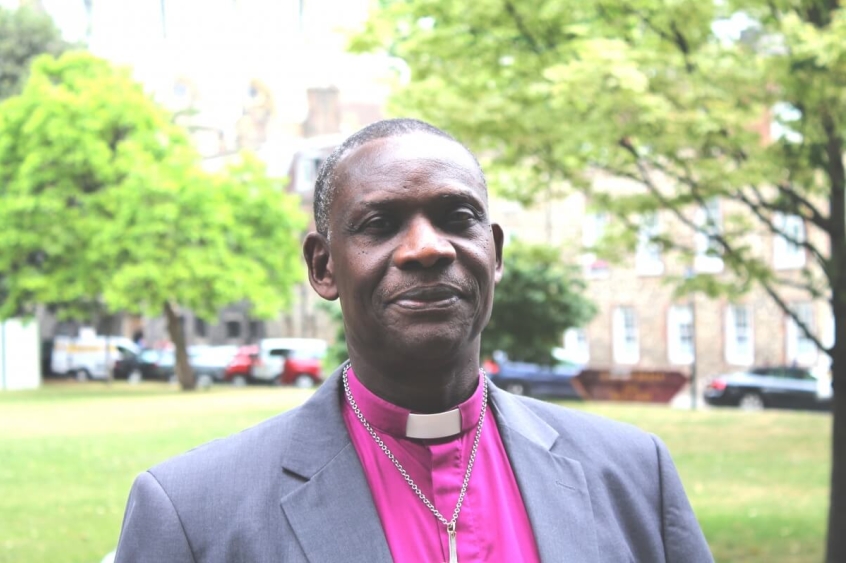
A number of conservatives have either announced their refusal to attend or are considering doing so with the most prominent figure to snub the Archbishop of Canterbury's invitation so far being the Archbishop of Nigeria.
Responding to the revelation the arch-conservative Nicholas Okoh will boycott the conference in protest over a perceived liberal drift on sexuality, the secretary general of the Anglican Communion, Archbishop Josiah Idowu-Fearon, said he was 'reneging' on a promise.
'At their [last] meeting in January 2016 the primates agreed to walk together,' said Idowu-Fearon.
'The primate of Nigeria was present at that meeting. In effect, he is now reneging on this decision which is very sad.
'However the door remains open and he would be very welcome to attend next month's primates' meeting.'
Now GAFCON, a worldwide traditionalist grouping of which Okoh is the chair, has hit back. A spokesman told Christian Today Idowu-Fearon's statement was 'not only provocative, it was also inaccurate and misleading'.
The body, which claims to represent millions of Anglicans in the poorer and more socially conservative global south, says the commitment to 'walk together' made at the last primates meeting in January 2016 was conditional on The Episcopal Church (TEC) in the USA being barred from representing the Anglican Church on decision making bodies.
Conservative archbishops in Africa, South America and south Asia insist this did not happen. In a communiqué released last week they said: 'While we expressed a desire to walk together as a Communion, this was contingent upon our decisions regarding The Episcopal Church being respected and upheld.
'Unfortunately, this agreement was not enforced and The Episcopal Church has been allowed to take part in decision making regarding "matters pertaining to polity and doctrine". They have also represented us in ecumenical meetings. This has led to a further breakdown of trust and confidence.'
Idowu-Fearon, as secretary general of the Anglican Communion, has the responsibility of holding the diverse spectrum together. He holds conservative views on sexuality himself but has not hidden his frustrations at compatriots such as Okoh who he says are 'divisive'.
In an interview with the Church of Ireland Gazette last December, he said the prominence of sexuality as an issue among African church leaders is because of influence by American conservatives.
'The very strong minority conservatives, not in the UK but in America, they have found a footing amongst some of the leaders in Africa,' he said. 'They are the ones that sort of pumped this thing into the leaders, and the leaders decided to make it an African thing. It is not an African thing. There are homosexuals everywhere — even in my diocese.'
He added: 'There is no diocese on the continent of Africa where everybody subscribes to the same position.'
Openly criticising his fellow African leaders, he said the Church there 'lacks what I would call effective leadership' and bishops 'do not see themselves as leading the way Christ leads his Church. Rather the African church leader sees himself in the light of the traditional rulers: those with absolute authority. There is no consultation.'
He said he had told Okoh previously 'our effectiveness is in remaining participating in all that is going on' and is bold in his assessment that GAFCON is 'not a movement of the Holy Spirit, because it is divisive'.
The primates will meet from October 2-6 in Canterbury.










